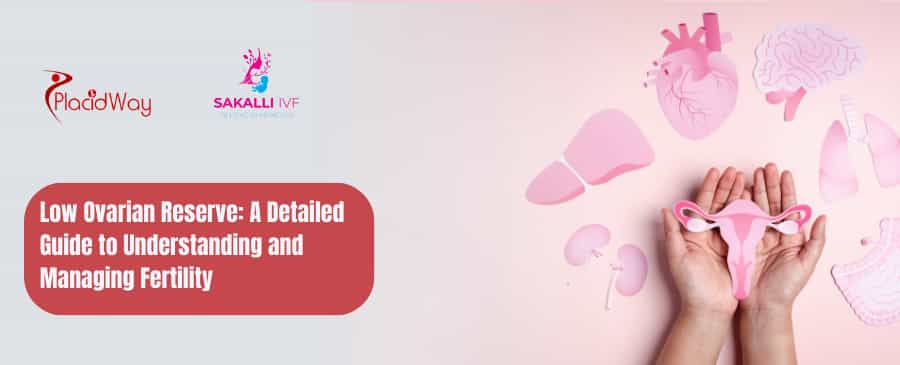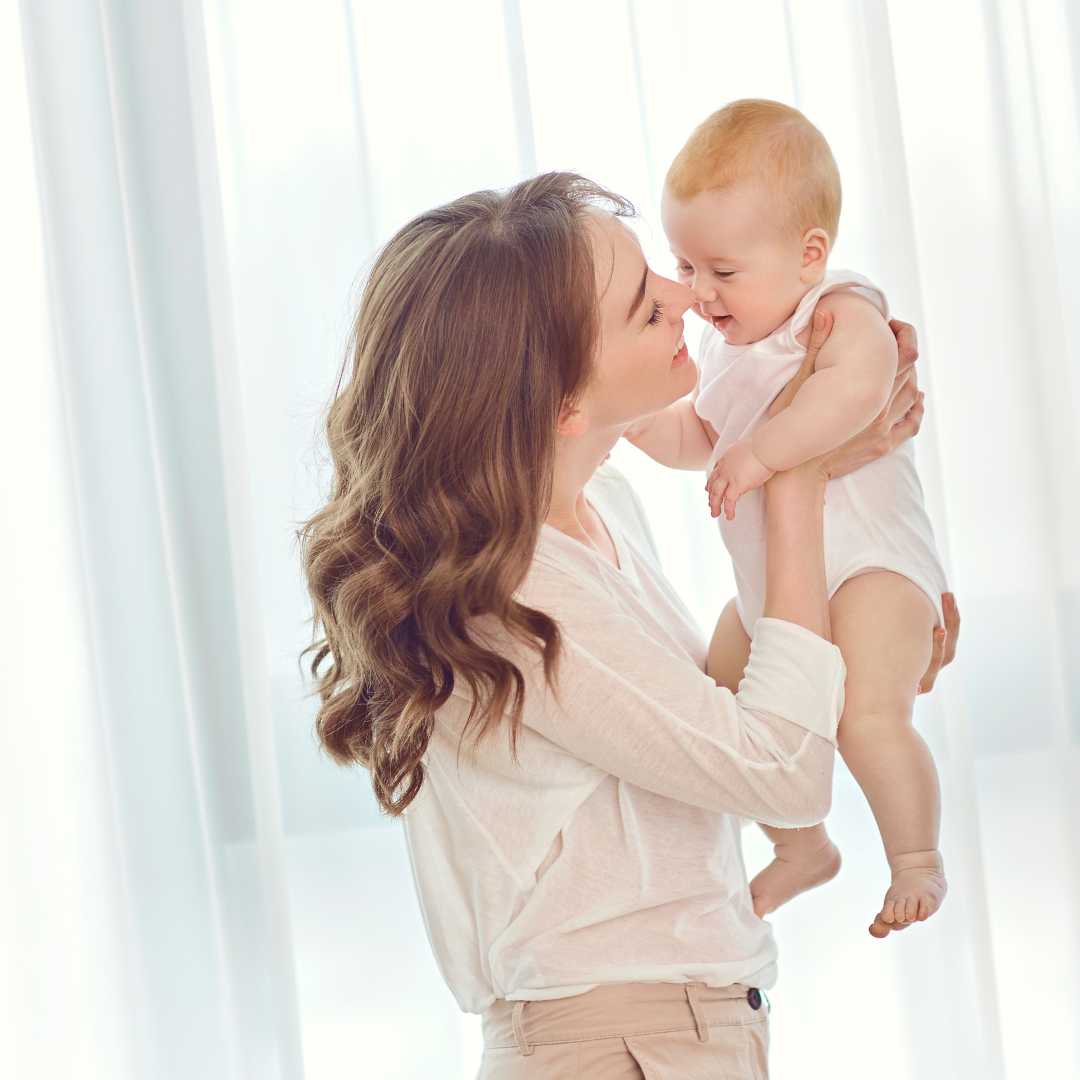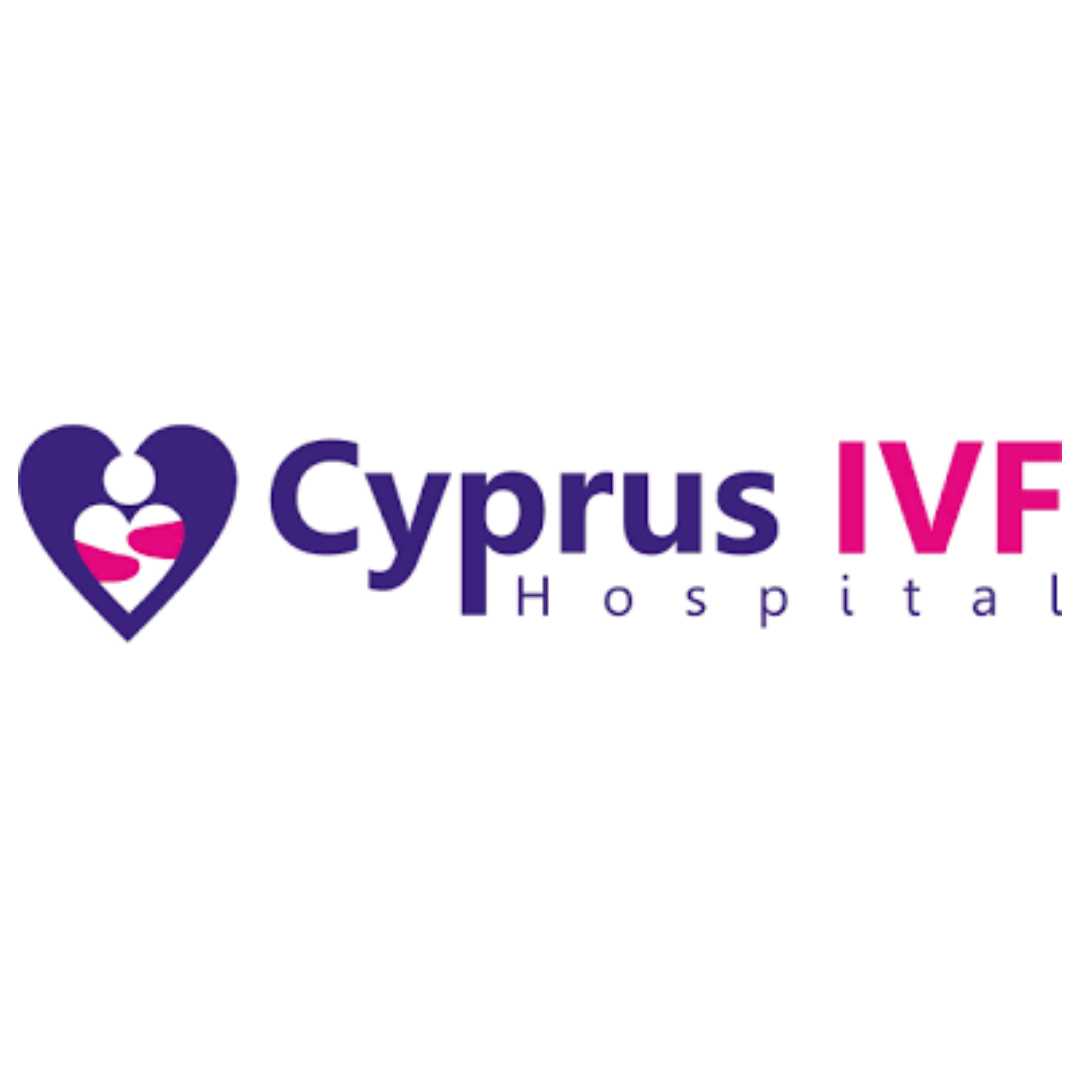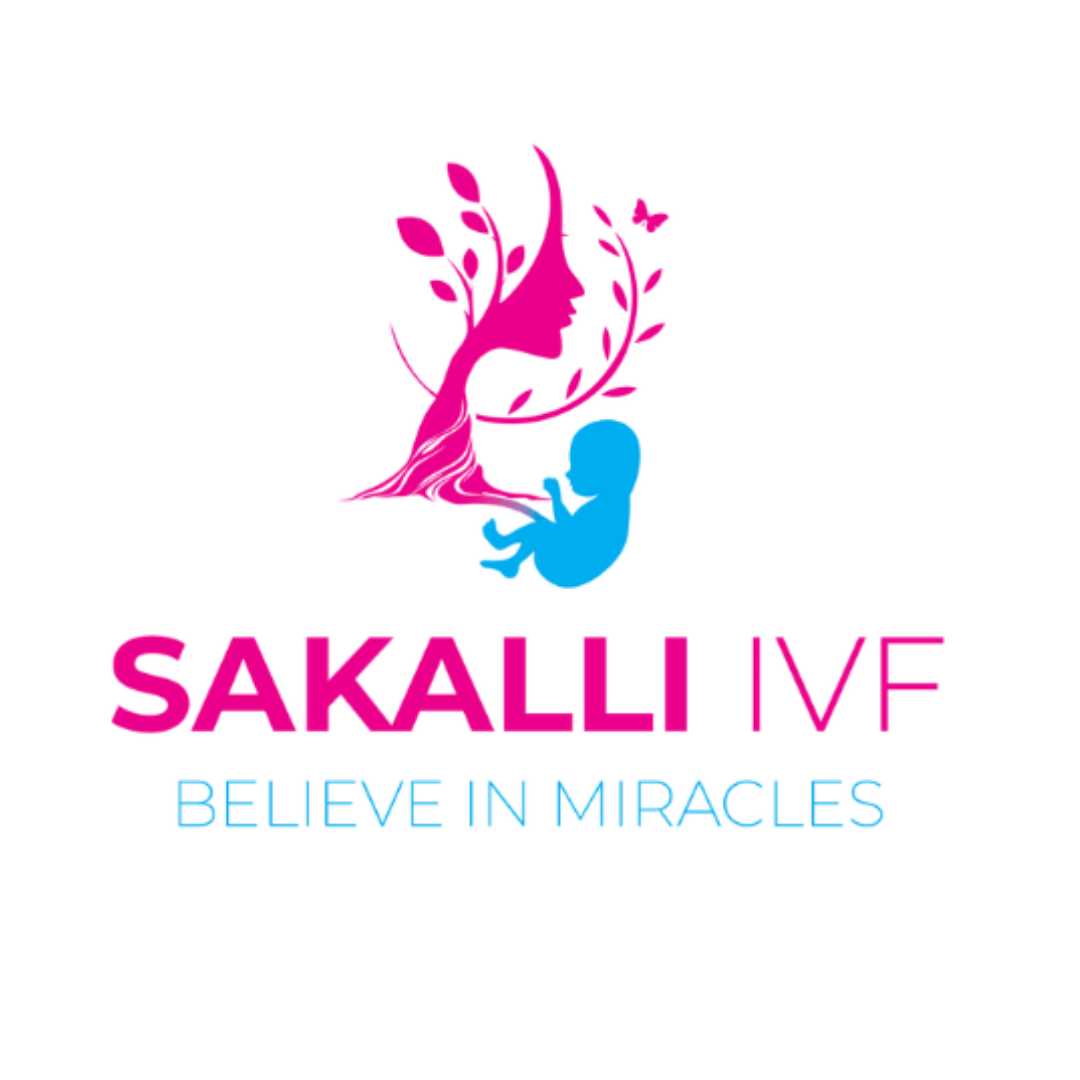
What is Low Ovarian Reserve?
Low ovarian reserve refers to a condition in which a woman’s ovaries lose their regular reproductive potential, thus reducing fertility. This condition typically arises due to the natural aging process, but it can also result from various diseases, injuries, or medical treatments. It refers to the number and quality of eggs remaining in the ovaries. Women with low ovarian reserve may find it harder to conceive naturally or with fertility treatments.
According to studies, 10-30% of women consulting doctors for infertility have low ovarian reserve, with the condition being more common as women age. However, the ability to conceive with low ovarian reserve depends on several factors, such as overall reproductive health, age, and the underlying causes.
What Causes Reduced Ovarian Reserve?
The most common cause of low ovarian reserve is aging. As women age, their fertility naturally declines, with a more pronounced decrease after age 35. Aging causes a reduction in both the quantity and quality of eggs in the ovaries. However, several other factors can contribute to the decline in ovarian reserve, including:
-
Natural Aging: From the age of 30, women start losing eggs, and this process accelerates in their mid-40s. By the time a woman reaches her 40s, most will experience significantly reduced fertility.
-
Early Ovarian Insufficiency (Premature Menopause): Around 1% of women experience menopause before age 40. This is often due to genetic factors, autoimmune disorders, or other medical conditions. Premature menopause, or early ovarian insufficiency, can severely impact fertility.
-
Illness or Disease: Conditions like endometriosis, ovarian cysts, or pelvic inflammatory disease can damage the ovaries and reduce egg reserve.
-
Medical Treatments: Chemotherapy, radiation therapy, and certain medications can damage the ovaries and accelerate egg loss. Women undergoing these treatments often choose to freeze their eggs for future fertility.
-
Genetic Factors: Some genetic conditions, such as Turner syndrome or Fragile X syndrome, may cause premature ovarian insufficiency and low ovarian reserve.
-
Lifestyle Factors: Smoking, excessive alcohol consumption, high caffeine intake, and poor diet can all contribute to the early decline of ovarian reserve.
Symptoms of Low Ovarian Reserve
One of the challenges of diagnosing low ovarian reserve is that most women experience no obvious symptoms. However, as the condition progresses, there may be subtle signs, including:
-
Shortened Menstrual Cycle: If your menstrual cycle becomes shorter over time (e.g., from 28 days to 24 days), it could indicate that your ovarian reserve is decreasing.
-
Hot Flashes and Night Sweats: These are common symptoms of low estrogen levels, which may accompany the decline in ovarian reserve as menopause approaches.
-
Menstrual Irregularities: A decrease in the frequency or consistency of your periods can signal a drop in ovarian reserve.
-
Vaginal Dryness: Decreased estrogen production can lead to dryness, discomfort, and irritation in the vaginal area.
It's essential to note that these symptoms may not always be related to low ovarian reserve, so it's important to consult a fertility specialist for a thorough evaluation.
How is Low Ovarian Reserve Diagnosed?
Diagnosing low ovarian reserve involves several tests to assess the function and health of the ovaries:
-
FSH (Follicle-Stimulating Hormone) Test: This test measures the level of FSH in your blood, typically taken on day 2 or 3 of your menstrual cycle. Higher levels of FSH (above 12 mIU/mL) can indicate low ovarian reserve. Levels above 15 mIU/mL suggest that the ovaries may not respond well to fertility medications.
-
Estradiol Test: Estradiol is the primary form of estrogen produced by the ovaries. Elevated estradiol levels during the FSH test may indicate a poor ovarian response.
-
AMH (Anti-Müllerian Hormone) Test: AMH is a hormone produced by ovarian follicles and is a reliable indicator of egg quantity. Lower AMH levels generally correlate with a lower ovarian reserve.
-
Transvaginal Ultrasound: A transvaginal ultrasound is used to count the visible antral follicles in the ovaries. This provides insight into the number of eggs present and available for fertilization.
These diagnostic tools, combined with a detailed medical history, help fertility specialists understand your ovarian reserve and reproductive potential.
How is Low Ovarian Reserve Treated?
Currently, there is no treatment that can reverse or slow down ovarian aging. However, several steps can be taken to manage the condition and improve fertility chances:
-
Lifestyle Modifications:
-
Quit Smoking: Smoking accelerates ovarian aging and reduces egg quality.
-
Healthy Diet: Eating a balanced diet rich in fruits, vegetables, and healthy fats can support overall fertility health.
-
Manage Stress: High stress levels may negatively impact fertility, so adopting relaxation techniques like yoga or meditation can be beneficial.
-
-
Egg Freezing:
-
For women who are not planning to conceive immediately, egg freezing offers a way to preserve fertility. By freezing high-quality eggs when you are younger, you can use them for IVF later in life when your ovarian reserve might be lower.
-
-
Fertility Treatments:
-
IVF (In Vitro Fertilization): Women with low ovarian reserve may undergo IVF with higher doses of ovarian stimulation medications to retrieve as many eggs as possible. However, success rates can vary based on the woman’s age and egg quality.
-
Egg Donation: If IVF with your own eggs is unsuccessful, egg donation from a younger donor may be recommended. This is a highly effective option for women with significantly diminished ovarian reserve.
-
-
Hormonal Support:
-
Some women may benefit from hormone therapy or other medical interventions to enhance fertility and improve the chances of conception.
-
Pregnancy Success Rates and Miscarriage Risk
Women with low ovarian reserve have a lower chance of conceiving naturally or with fertility treatments. As ovarian reserve declines, the quality of eggs also decreases, leading to lower success rates for IVF. Furthermore, women with low ovarian reserve may have a higher risk of miscarriage. The age of the woman plays a crucial role in these outcomes, as older women tend to face more challenges with fertility.
However, assisted reproduction methods such as egg donation can help improve the chances of successful pregnancies, even for women who have gone through menopause.
Frequently Asked Questions (FAQs)
1. Can I increase my ovarian reserve?
Currently, there's no way to increase your ovarian reserve naturally. However, maintaining a healthy lifestyle—such as quitting smoking, eating a nutritious diet, and managing stress—can help slow the decline.
2. Is low ovarian reserve the same as early menopause?
No, low ovarian reserve does not necessarily mean early menopause. It simply indicates that the number of eggs in your ovaries is lower than expected for your age. Early menopause (or premature ovarian insufficiency) occurs when the ovaries stop functioning before age 40.
3. How do I know if I have low ovarian reserve?
To determine if you have low ovarian reserve, a fertility specialist will conduct tests like FSH, AMH, estradiol, and ultrasound to assess your ovarian function and egg count.
4. Can women with low ovarian reserve still get pregnant naturally?
Yes, many women with low ovarian reserve can still conceive naturally, but it may take longer. It’s essential to monitor your fertility and consult with a fertility specialist if you're struggling to conceive.
5. How does egg donation work for women with low ovarian reserve?
Egg donation involves using eggs from a younger, healthy donor. These eggs are fertilized through IVF and implanted in the woman’s uterus. This option allows women with low ovarian reserve to carry a pregnancy using high-quality eggs.
6. What is the best treatment for low ovarian reserve?
The best treatment depends on the individual’s age, health, and fertility goals. Options may include lifestyle changes, IVF with ovarian stimulation, egg freezing, or egg donation.
Contact Us Today
If you're concerned about your ovarian reserve or facing challenges with conception, don't wait—contact us today at Sakalli IVF. Our fertility specialists are here to provide expert guidance and personalized treatment plans, including IVF, egg freezing, and egg donation, to help you achieve your dream of parenthood.





.png)
.png)
.png)
.png)

.png)

.png)
.png)



Share this listing